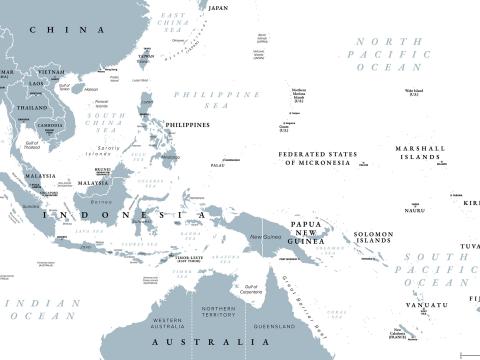Disruptive By Design: Power and Leadership
What is power? Some researchers define power as the agent’s ability to influence the target, according to Gary Yukl, J.M. George and Gareth Jones. The agent, target and influenced attributes vary by situation, of course, say researchers Arthur Bedeian, James Hunt and Peter Drucker. Power relates to leadership as a tool for influencing targets, whether positional or personally derived. Power facilitates effective leadership of an individual’s capacity through means or a combination of means of observed commitment, compliance and resistance, said Drucker in an article in the Harvard Business Review.
Some sources point to just two types of power, while others claim a dozen or more. Power, like leadership, is daunting whether in practice or observation. To simplify, there is a common set of categories. Positional power is composed of legitimate, rewarding, coercive, informative and ecological power, while personal power stems from referent and expert power.
Further, positional power permits influence courtesy of formal authority, control of information, punishment and resources, whereas charismatic attributes and acquired knowledge and skill support personal power. The importance of both powers alternates with environments, leading to other angles and types for study, including contextual leadership. The importance of personal power is rooted in an individual’s ability to assess oneself for positional power effectiveness and success. This engenders the theory that personal power is more important. Or is it?
Contradictorily, Bedeian and Hunt and Charles Handy contend positional power is more important, based on studies relying on position-based populations and imbalance of businesses and employee-community interests, respectively. Thus, the greater importance of power type requires further situational or contextual data.
We could also examine differences between leaders and managers regarding what each one may have discovered about power—the distinction for leadership in the modern business environment—and if the two could be mutually beneficial.
Provided the affirmed points about power stand, there is a difference between the work of a leader and a manager, researchers say. Some leverage the saying about a leader doing what is right, while a manager does things right. Other differences include the goal perspective, power source and application, and approaches to accomplishing work. The distinction equates to each one’s role and applying the knowledge of the differences to attain mutual benefit. For instance, a manager’s work is commonly reactive, involves a wide audience and consists of position-based work to achieve basic goals, resulting in long hours, time shortages for others and ongoing conflicts. While wearing each manager hat, the leader role transcends to meet business environment requirements for charisma, political savvy and leveraging positional power and personal power sources to achieve success among targets as noted by all scholars. Hence, the two roles can be mutually beneficial because of dual power sources and the abilities of an individual.
I confidently posit, like many others these days, that success comes from an individual appropriately navigating in and out of leader and manager mode. A significant caveat is blending leader and manager modes as a mix rather than a strict absolute; this way, individuals can better support the fluid nature of situations alongside wearing many hats day in day out.
For the leader and manager dynamic, I liken it to lessons I have gleaned in my federal career. For instance, an officer with prior enlisted experience tends to be a better officer, whether that experience was attained via primary or secondary source. Similarly, a leader or manager with both breadth (e.g., lateral experience in at least one other functional area like a budgeteer broadening as an accountant or a financial manager broadening into contracting) and depth (e.g., tactical, operational and strategic) of experience is a superior leader or manager in easy or challenging times.
I hope you’ve gained a reminder of your own power and leadership alongside consideration for management. I highly recommend diving into the works of each scholar mentioned for much more on these matters.





Comments